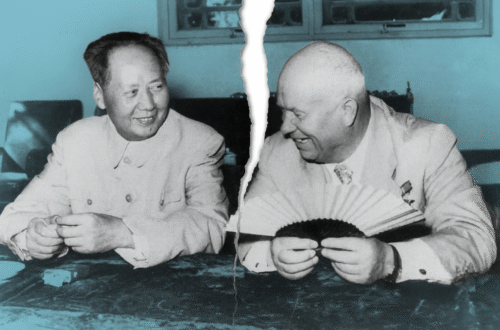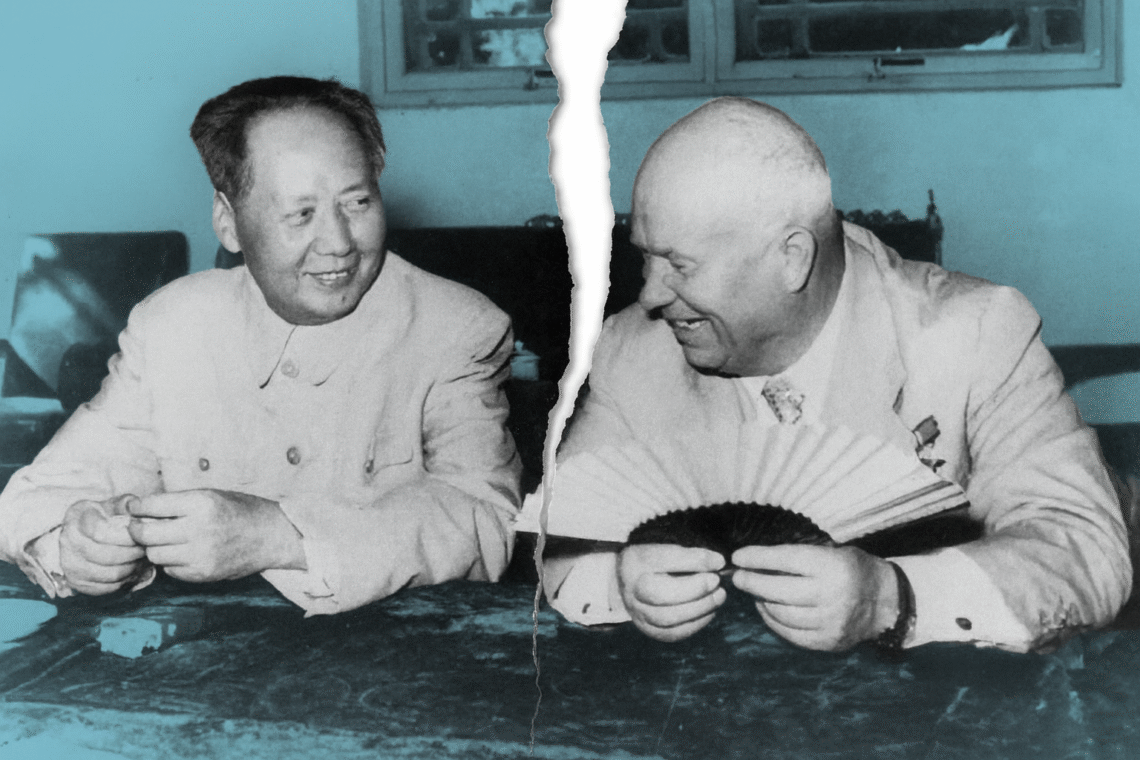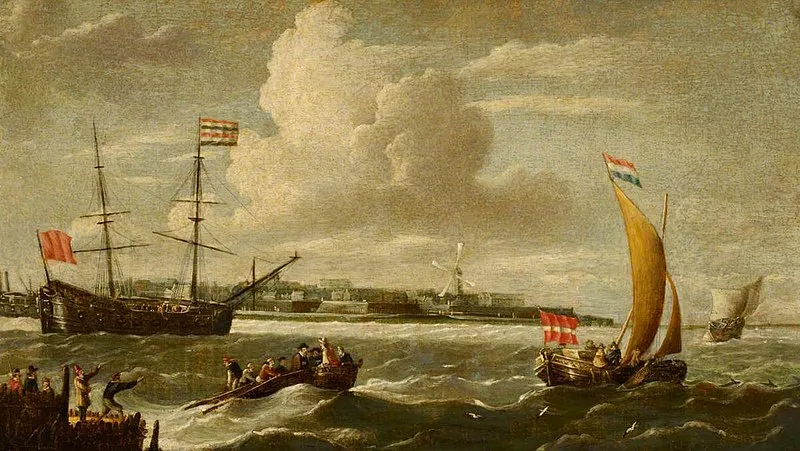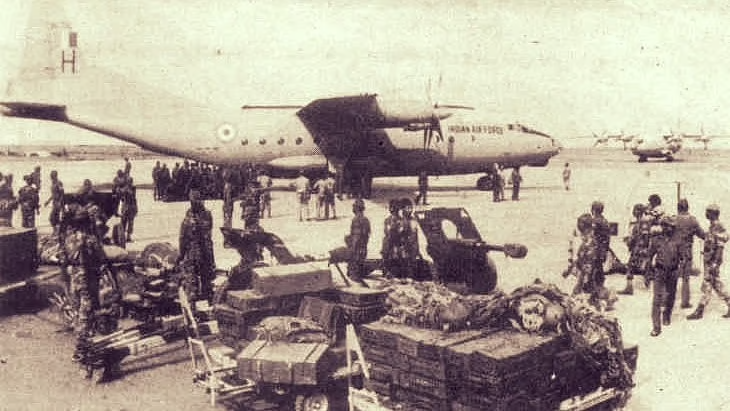-
On This Day – December 19, 1843
On December 19th, 1843, Charles Dickens’ A Christmas Carol was first published. The story has grown to become one of the most familiar tales ever written, however it was originally created as a critique of extreme poverty, wealth inequality, and child labor in Victorian England. Dickens utilized his ghost story to redefine Victorian Christmas, making it a holiday of family, rather than one of capitalistic ideals. To this day, A Christmas Carol remains one of the most widely read and adapted stories and is known as Dickens’ most famed work.
-
Sweet&Sour Golubtsy
Sweet & Sour Golubtsy – Russian-Chinese Cuisine View this post on Instagram A post shared by Politics For Dinner (@politicsfordinner)
-
The Other Cold War: Why China and the Soviet Union Fell Apart
In the late 1950s and early 1960s, China and the Soviet Union looked like the perfect pairing, as they were two huge Communist powers challenging the Western world. However, by the end of the 1960s, the relationship between the powerhouses quickly began to deteriorate, turning from an alliance into competition for influence, and even to violence. What happened to cause this? How did the two nations go from allies to rivals? The answer lies in one of the most underreported stories of the Cold War. In 1949, when Mao Zedong took control of China and the Chinese Communist Party, he saw building a relationship with the Soviet Union as crucial…
-
On this day – November 5th, 1943
On November 5th, 1943, Vatican City was bombed in the midst of World War II. After an unidentified plane had been circling Rome for hours, it dropped four bombs on the Vatican. The attack did not cause any casualties for injuries, but did cause damage to some of the Vatican’s buildings and infrastructure. To this day, it is still unclear who orchestrated the bombing of the Vatican and why.
-
Stamppot Shepherd’s Pie
View this post on Instagram A post shared by Politics For Dinner (@politicsfordinner)
-
On this day – September 9th, 1543
On September 9th, 1543, at just nine months old, Mary Stuart was formally crowned as the Queen of the Scots. Mary had been Queen since her father’s death on December 14th, 1542, when was six days old. However, the crowning ceremony at Stirling Castle marked the official beginning of her reign as Mary Queen of Scots.
-
The 335-Year War: History’s Longest Running Technicality
Imagine being at war for centuries without even knowing it… That was the 335 Year War between the Netherlands and the Isles of Scilly, a minuscule island off the coast of England. Widely considered the world’s longest war, the conflict dates back to 1651. In order to fully understand the roots of the war, we must first take a look back at the English Civil War. Beginning in 1642, the Parliamentarians, led by Oliver Cromwell, and the Royalists, strong supporters of England’s King Charles I, fought in a raging war for control of the nation. The Royalist forces faced serious defeats, and by 1648, the majority of England had been…
-
A Taste of Resilience: The Story of Budae Jjigae
75 years ago, on June 25th, 1950, the Korean War began. The fighting between the northern Democratic People’s Republic of Korea and the southern Republic of Korea raged on for 3 years. During the devastation and food shortages that followed, Koreans created a dish that would come to symbolize resilience and creativity: budae jjigae. This popular dish represents the exact idea of Politics for Dinner: finding common ground in conflict. Because of my own Korean roots, I want to take a closer look at this dish to see how it tells a story of Korean culture. Often considered the first proxy war of the Cold War era, there was a…
-
On this day – June 12th, 1987
On June 12th, 1987, Ronald Reagan delivered one of his most famous speeches while visiting West Berlin, Germany. At the height of the Cold War period, with the Berlin Wall in the background of his speech, Reagan called to Soviet Union leader Mikhail Gorbachev, imploring him to tear down the wall. The speech continued to further call for arms reductions and advocate for the easing of Cold War tensions between the United States and the Soviet Union. Just around two years after Reagan delivered this famous speech, the Berlin Wall fell, and the Soviet Union collapsed.
-
Operation Cactus: How India Thwarted the 1988 Coup in the Maldives
A small island nation facing the threat of a coup: how would they respond? This is the story of the 1988 Coup in the Maldives and of Operation Cactus, the response that ensued. Before I begin, let us first look into a short history of the Maldives, and how they arrived in this situation. The Maldives, or the Republic of Maldives is located off the coast of India, and is the smallest country in Asia. For centuries, the nation was ruled by ancient dynasties in its capital Malé. In 1887, the Maldives became a British protectorate, a status it maintained until gaining its independence in 1965. Two years later,…


























